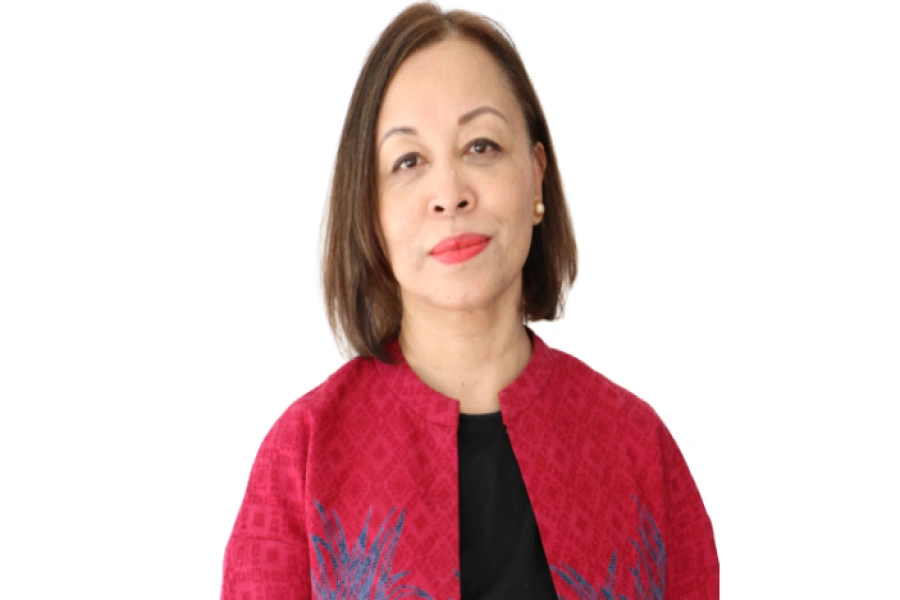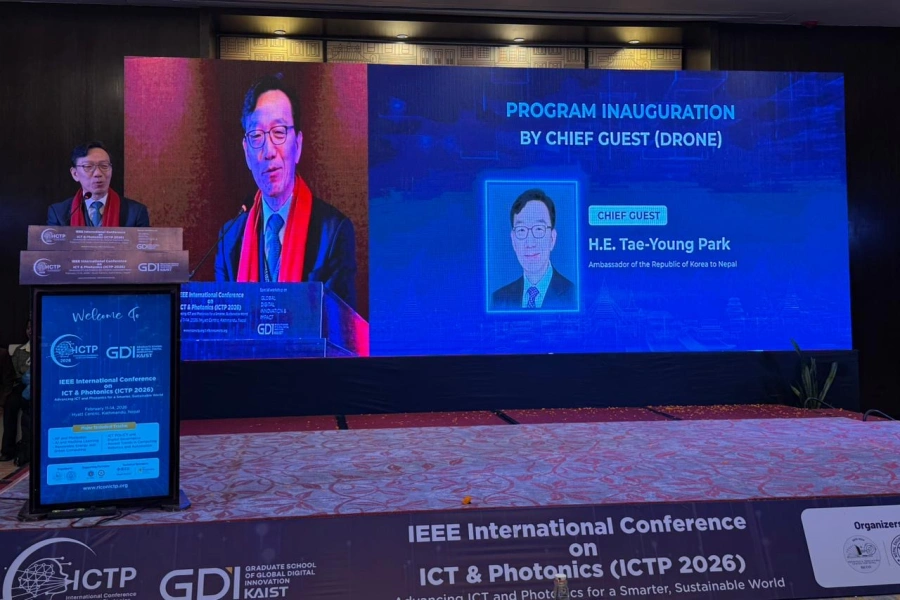What started as a peaceful pro-monarchy rally in Kathmandu turned into a violent protest, leaving two dead and 110 injured and causing millions in economic losses. Yet another day, power struggles played out in the streets, with common citizens caught in the crossfire. The chaos reflected a deeper issue—discontent, frustration, and a growing divide in Nepal’s political landscape.
For two decades, Nepal has walked the path of democracy. The absolute monarchy was abolished on May 28, 2008, with the promise of a ‘New Nepal’—a republic that would uplift its people. But today, that promise feels broken. Ignorance and unemployment remain rampant, leaving many, especially the youth, feeling betrayed. It is no surprise that so many young people joined the protests, not just for the monarchy but against a system that has failed them.
The education system, which should have empowered this generation, has not only failed to equip them with skills for the job market but has also failed to instill a deeper understanding of democracy. If thousands today support monarchy—a system built on birthrights and inherited power—they see little difference between a single king ruling over them and a republic where corruption allows many ‘kings’ to do the same. When a government drafts laws to benefit former politicians instead of the people, can we really blame the youth for seeking alternatives?
But is turning back to monarchy the answer? Should Nepal embrace the past in its quest for a better future?
Gen Z protest raises alarming question: Is Nepali society turni...

The answer is no. Despite its flaws, democracy has brought progress in inclusivity, individual rights, and freedom—far more than the two centuries under monarchy ever did. Democracy is a process; it requires time, patience, and continuous effort. Conversely, monarchy is rigid, rooted in the belief that ‘might is right.’ Going back would mean sacrificing our rights, our voices, and the possibility of a truly fair and just Nepal.
Yesterday’s protest wasn’t just about monarchy; it was a clash between old and new ideas of governance. Instead of addressing this growing frustration, political leaders dismissed the protest. Prime Minister KP Sharma Oli trivialized the incident, calling it just a ‘rally in two locations.’ Meanwhile, the former Prime Minister responded to the ex-King with a challenge: “If you bring 1,000, we will bring 1 million.” Such reactions only show how disconnected our leaders are from the people’s grievances.
Around the world, political landscapes are shifting. Countries like the UK, France, and Spain still have constitutional monarchies, but their systems vastly differ from Nepal’s past. The real question isn’t whether monarchy can return but why people need to consider it in the first place. The growing anti-establishment sentiments in Nepal are a warning sign: the system is failing, and people are searching for alternatives.
So, what now?
If Nepal’s leaders genuinely care about the country, they should not be reacting to pro-monarchy protests but responding to the underlying issues fueling them. We need proactive governance that addresses unemployment, corruption, and inequality. We need policies that empower young people with opportunities, not push them toward nostalgia for a past that won’t solve our problems.
For the rest of us, it is time to reflect. What have we gained since 2008? What do we still lack? And most importantly, what do we risk losing? The fight is not about monarchy versus democracy but about ensuring that democracy works for all. Change doesn’t come by looking back; it comes by demanding better from the present and shaping the future with informed choices.
Nepal’s destiny lies not in the hands of one ruler but in the collective will of its people. The only way forward is to build a nation where no one needs to seek refuge in the past—because the present offers them hope.






































